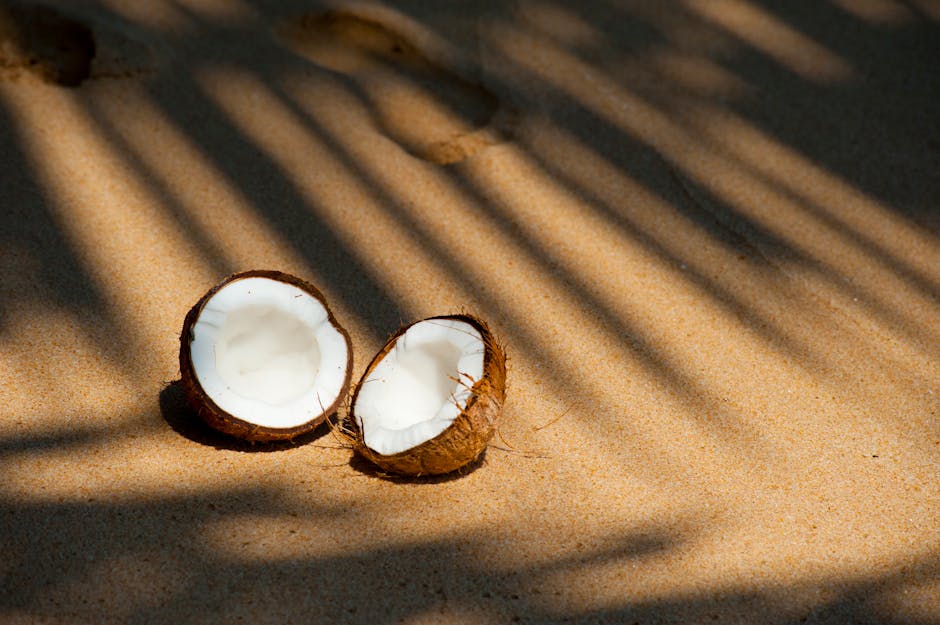Can I Compost Coconut Milk?
Coconut milk can be composted, but requires careful handling due to its high moisture content and potential for attracting pests.


Sourced & Cited
Composting coconut milk is possible, but it's important to do it correctly to avoid problems. Its high water content means it can make your compost pile too wet, hindering proper decomposition and potentially leading to unpleasant odors.
Compost Classification
Green (Nitrogen-rich): Coconut milk is high in moisture and organic matter, making it a nitrogen-rich addition to your compost pile. It breaks down relatively quickly, contributing to the decomposition process.
🌱 Key Nutrients
This item contributes the following nutrients to your compost:
Nitrogen (N)
🏷️ Tags
Important characteristics to know about this item:
Breaks Down Quickly Use in Moderation Pest Attraction Risk Odor Risk Adds Key Nutrients
⚠️ Potential Risks
- Attracting pests like rodents and insects due to its high sugar content.
- Creating an overly wet and potentially smelly compost pile if not properly managed.
- Slowing down decomposition if the pile becomes too wet, leading to anaerobic conditions.
💡 Best Practices
- Dilute the coconut milk with a significant amount of dry brown materials like shredded paper or dried leaves before adding it to your compost pile.
- Add coconut milk in small quantities to avoid creating a overly wet pile.
- Ensure your compost pile is well-aerated to facilitate proper decomposition and reduce odors.
- Hot composting (minimum 130°F/54°C) is recommended to kill any potential pathogens.
- Do not use the resulting compost on food crops due to potential pathogen contamination.
